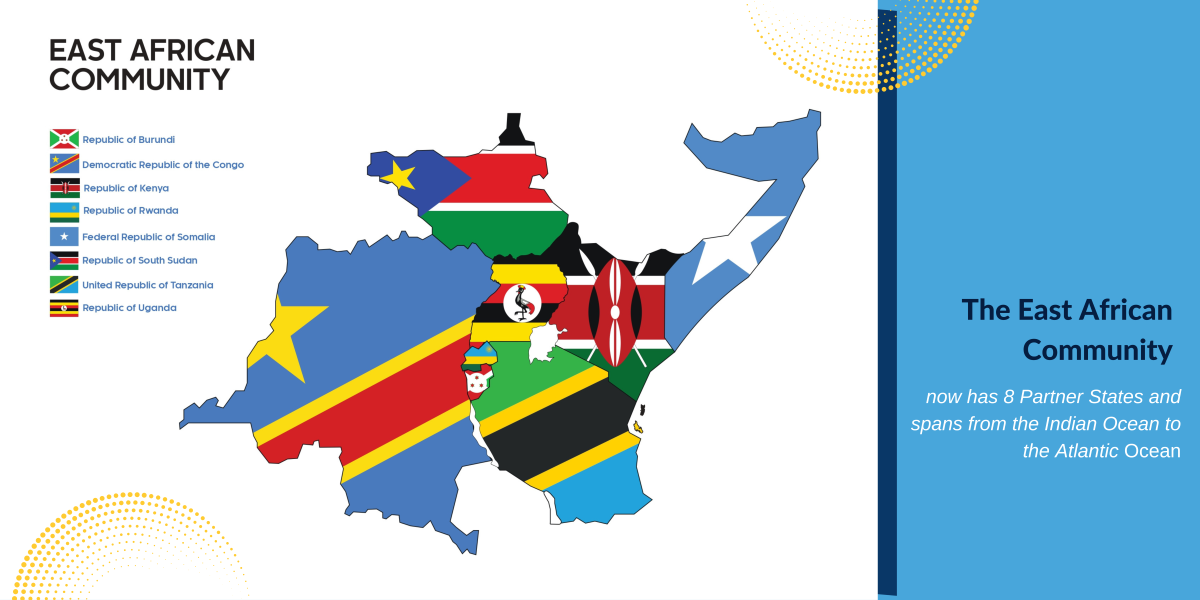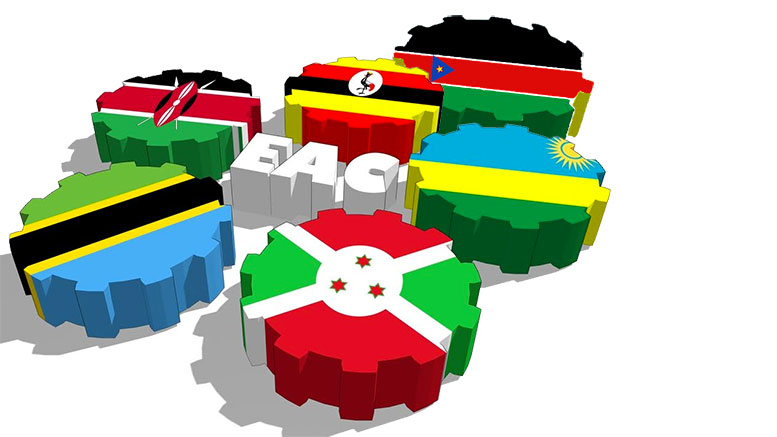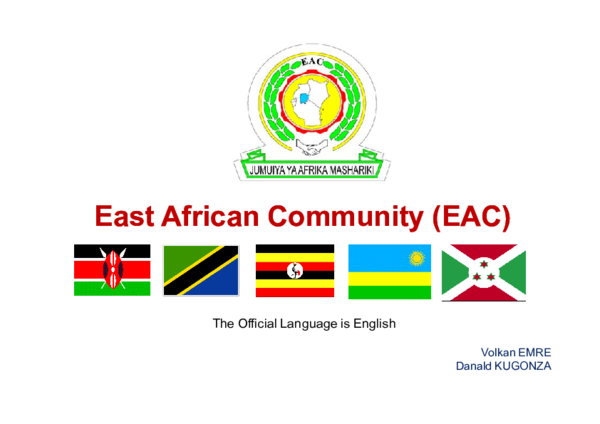The East African Community (EAC) is considering the admission of Ethiopia and Djibouti into the bloc following the joining of Somalia, but experts warn regional leaders not to prioritize “expansion at the expense of addressing pressing internal issues and security concerns.”
The admission of Ethiopia and Djibouti into the EAC could potentially create new opportunities for economic growth and cooperation, positioning the bloc as a more influential player on the African continent, says Philemon Okillong, research associate at EPRC, Makerere University. Some experts say that following Somalia’s admission, the move to integrate also the other two Horn of Africa countries into the EAC bloc will create a broader market of nearly 800 million people. This could deepen regional integration, enhance market access, and stimulate intra-regional trade, given their strategic location in the Horn of Africa.
However, other experts point out that the likely accession of Ethiopia and Djibouti could bring new challenges and opportunities to the EAC. According to a recent commentary by the Washington-based CSIS, the EAC is facing persistent tensions and infighting among its member states, which is due “to its prioritization of trade and expansion at the expense of addressing pressing internal issues and security concerns.”
In other words, regional leaders have prioritized the expansion of the bloc over a greater effort to maintain its internal cohesion. Therefore, the commentary authors caution that “this misstep could undermine the organization’s efforts toward regional integration and potentially threaten the stability of the bloc, calling into question its very existence.”



